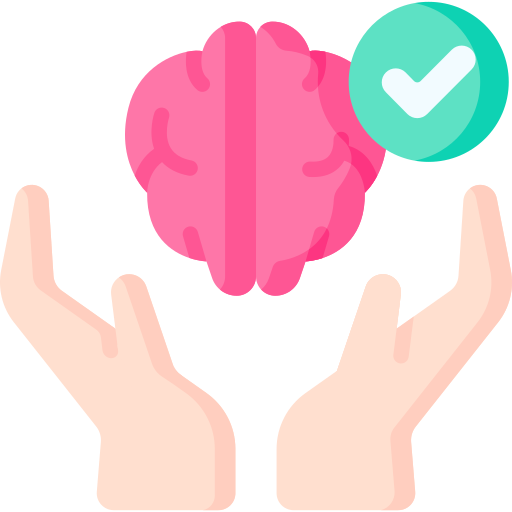Have you ever been upset because your memory failed in the middle of a test?

You're not alone! 1 in 10 students struggles with memorization.
Memorizing is not a virtue that only a handful of students have. It's a technique that any student can master.
You can quickly recall historical dates, chemical formulas, linguistic information, and many other things by practicing these 3 memory techniques:
Spaced repetition
Memory palace
Feynman technique

⚙ Memory Techniques for Studying: Spaced Repetition
The spaced repetition technique moves information from your short-term memory to your long-term memory through repeated practice.
According to this technique, you should review content right before you're going to forget it, not just in the short term, but also at later points in time.
Spaced repetition helps you pinpoint the ideal time to study by carefully spacing the gaps between the practices.
👇 Check out the video below for an introduction to spaced repetition:
Use this excel-spacing template to create your own spacing schedule or download the Anki app to practice spaced repetition.

Benefits of using spaced repetition:
✔ Your brain develops a strong storage capacity.
✔ You learn to combine new information with prior knowledge easily and speedily.

🕵️♀️ What does the evidence say about the benefits?
According to a University of Leicester study (2020), students who used spaced repetition to memorize a physics lesson had a better mean exam score (70%) than students who used the crammed method (64%).
Did you know?
⚙ Memory Techniques for Studying: Memory Palace
You can memorize and store lots of information in your brain as mnemonic images using the memory palace.
👇 Check out the video below for an introduction to the memory palace:

Benefits of using memory palace:
✔ You can retain information for a longer time.
✔ You can recall numbers and ordered lists all at once.

🕵️♀️ What does the evidence say about the benefits?
According to a study published in Science Advances (March 3, 2021), people who trained with memory palaces remembered more words at both intervals (after 20 minutes and four months of training) compared to those trained with other methods.
Did you know?
⚙ Memory Techniques for Studying: Feynman Technique
You can memorize challenging topics by following the Feynman technique, which is based on the concepts of elaboration and association.
👇 Check out the video below for an introduction to the Feynman memory technique for studying:
 Benefits of using the Feynman technique:
Benefits of using the Feynman technique:
✔ You keep the information longer because you completely understand it.
✔ You learn to simplify complex topics, thus minimizing the stress.

🕵️♀️ What does the evidence say about the benefits?
According to a study at Diponegoro University (January 8, 2021), the Feynman technique proved to be a sustainable and alternative model to online learning through active engagement.
Did you know?
Subscribe for more quick bites of learning delivered to your inbox.
Unsubscribe anytime. No spam. 🙂
Effective use tips for the 3 memory techniques for studying

🎯 Ensure that you maintain a steady, consistent interval as you utilize the spaced-repetition technique.
🎯 Build your memory palace in an area that is decently arranged (neither too cluttered, nor too empty).
🎯 Keep your language simple and concise while applying the Feynman technique.

⚡Quiz time
Meet Divya.

She attends middle school and learns best using diagrams and illustrations. Because her history textbook is mostly in writing, she's worried she won't be able to remember the key dates and events for her history exam.

Quiz
Based on Divya's learning preference, which memory technique should she choose to prepare for the history exam?
Take Action
Are you ready to apply the 3 memory techniques to prepare for your upcoming exams?

Your feedback matters to us.
This Byte helped me better understand the topic.
